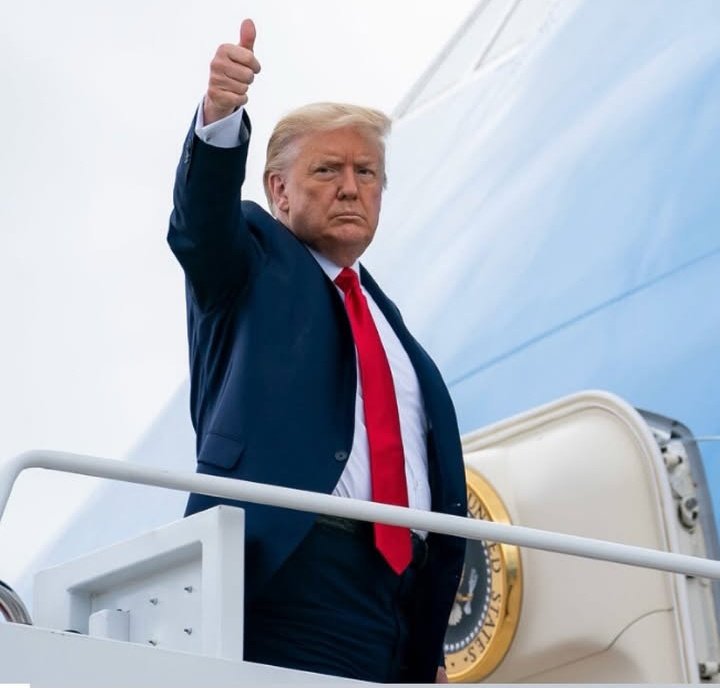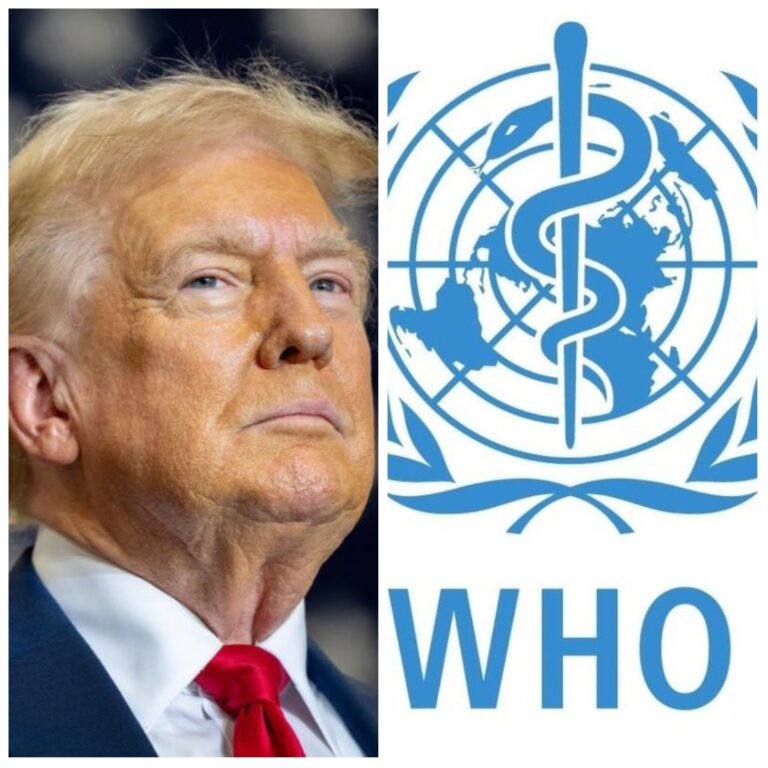
The United States President, Donald Trump, has halted funding for the President’s Emergency Plan for AIDS Relief (PEPFAR), sending shockwaves through global HIV/AIDS programmes.
Thefrontrank reports that since 2003, PEPFAR has invested more than $85 billion in the global fight against HIV/AIDS, saving over 17 million lives across 54 countries.
In Nigeria, the U.S. government has invested over $6 billion into the national HIV/AIDS response, significantly improving the country’s efforts to combat the epidemic.
Recent developments have raised serious concerns about the future of Nigeria’s HIV/AIDS programmes.
According to a source at the Institute of Human Virology Nigeria (IHVN), the Trump administration’s 90-day freeze on foreign aid could spell trouble for the country.
The source disclosed that PEPFAR has been gradually scaling down its involvement in Nigeria in recent years, expecting the Nigerian government to take over HIV/AIDS and malaria programmes.
The Nigerian government’s failure to fully assume responsibility for these critical programmes has led to reduced U.S. support, including dwindling supplies and less funding.
“With the ongoing reduction in funding and resources, if the U.S. pulls its remaining support, we will be in serious trouble. The progress we’ve made so far could be jeopardized,” the source explained.
PEPFAR has played a pivotal role in ensuring that over 1 million women and children in Nigeria are currently receiving life-saving HIV treatment.
The programme’s success has been instrumental in reducing the number of new infections and providing care to millions who would otherwise have no access to treatment.
However, the 90-day pause on foreign aid, as outlined in a memo received by U.S. diplomats, applies to new and existing funding, which includes ongoing HIV/AIDS programs.
The directive, issued as part of Trump’s executive order on foreign aid, has left many U.S. diplomats and public health experts surprised and concerned.
As Nigeria continues to face challenges in taking full ownership of its HIV/AIDS response, experts worry that any further reduction in U.S. support will significantly harm efforts to control the epidemic, putting millions of lives at risk.


